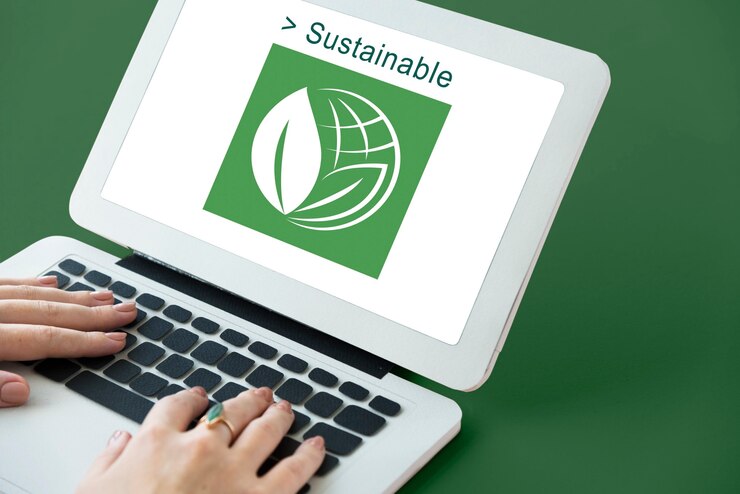


ESG certification shows a company’s commitment to sustainability, boosting trust, improving reputation, and ensuring regulatory compliance.
In an increasingly sustainability-focused world, businesses are under immense pressure to demonstrate their commitment to ethical and responsible practices. One of the most effective ways for organizations to show their dedication to environmental, social, and governance (ESG) principles is through ESG certification. This certification not only verifies a company’s adherence to sustainability standards but also enhances its credibility among stakeholders, including investors, customers, and regulators.
ESG certification is a formal recognition awarded to organizations that meet specific criteria related to environmental, social, and governance practices. The certification is typically granted by third-party organizations or bodies after conducting a comprehensive assessment of the company’s sustainability initiatives and performance.
The ESG certification process assesses a wide range of factors, including:
By achieving ESG certification, businesses can demonstrate their dedication to sustainable growth and responsible governance, making it easier to build trust with stakeholders and differentiate themselves in the marketplace.
Investors are increasingly factoring ESG criteria into their decision-making processes. ESG certification acts as a benchmark for companies, proving that they are serious about sustainability. Certified companies are often viewed as lower-risk and more attractive to socially conscious investors who prioritize long-term growth over short-term gains.
In today’s business environment, consumers are more likely to support brands that align with their values. ESG certification gives businesses the edge they need to stand out in a crowded market. By obtaining certification, companies can signal to consumers that they are committed to responsible business practices, which can boost customer loyalty and improve brand perception.
ESG certification helps businesses stay compliant with increasingly stringent environmental and social regulations. It provides a framework for identifying and addressing potential risks in areas such as climate change, supply chain management, and corporate governance. Certified companies are better positioned to navigate the complex regulatory landscape and avoid penalties or reputational damage from non-compliance.
Employees today, especially younger generations, prefer to work for companies that prioritize sustainability and ethical practices. ESG certification demonstrates that a business is committed to creating a positive impact, making it more attractive to talented professionals who seek to align their personal values with their career choices. It can also lead to higher employee retention rates as workers feel proud of their company’s ESG efforts.
Many ESG certification processes encourage businesses to adopt more efficient and sustainable practices. By optimizing resource usage, reducing waste, and improving energy efficiency, companies can lower operating costs while enhancing their environmental performance. This leads to long-term financial savings and a more resilient business model.
There are several widely recognized ESG certification programs and standards that businesses can pursue, depending on their industry and region. Some of the most common ESG certifications include:
Each certification comes with its own set of requirements and assessment criteria, but all aim to provide businesses with a clear roadmap for improving their ESG performance.
The process for obtaining ESG certification typically involves the following steps:
ESG certification is becoming an essential tool for businesses aiming to thrive in a sustainability-conscious world. It provides a structured approach to improving environmental, social, and governance performance while offering numerous benefits, including enhanced investor confidence, improved brand reputation, and regulatory compliance.
As the demand for sustainable business practices grows, obtaining ESG certification is not just a trend—it’s a strategic move that helps companies stand out in an increasingly competitive market while contributing to a more sustainable future.
